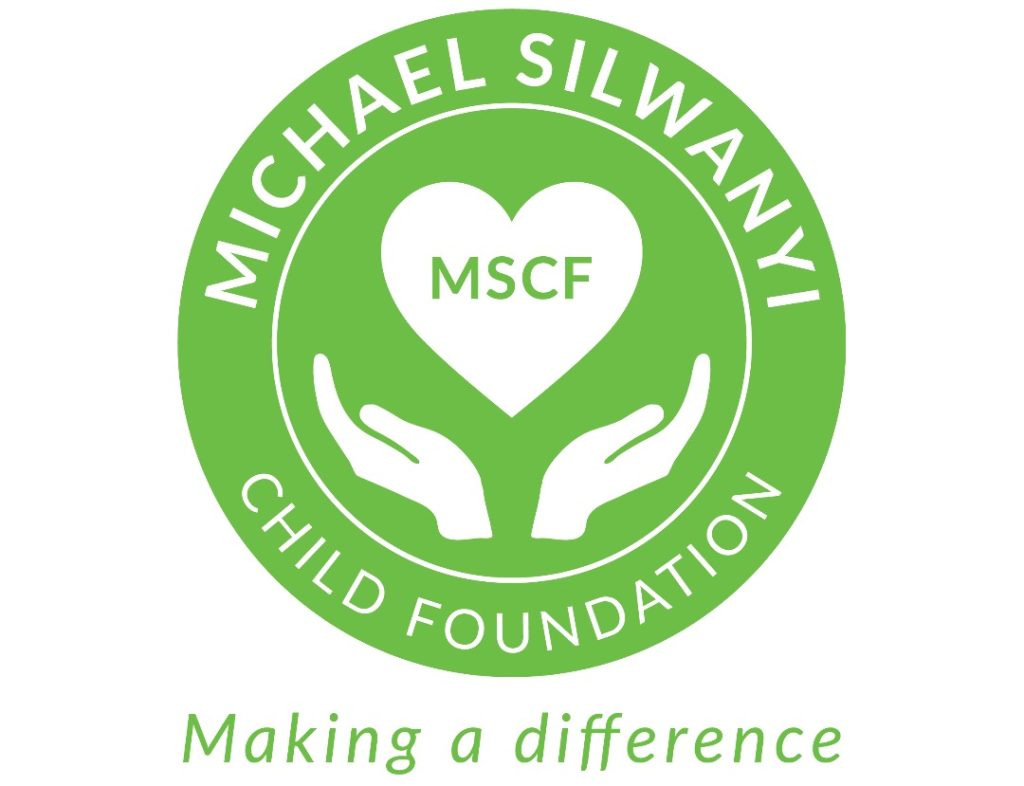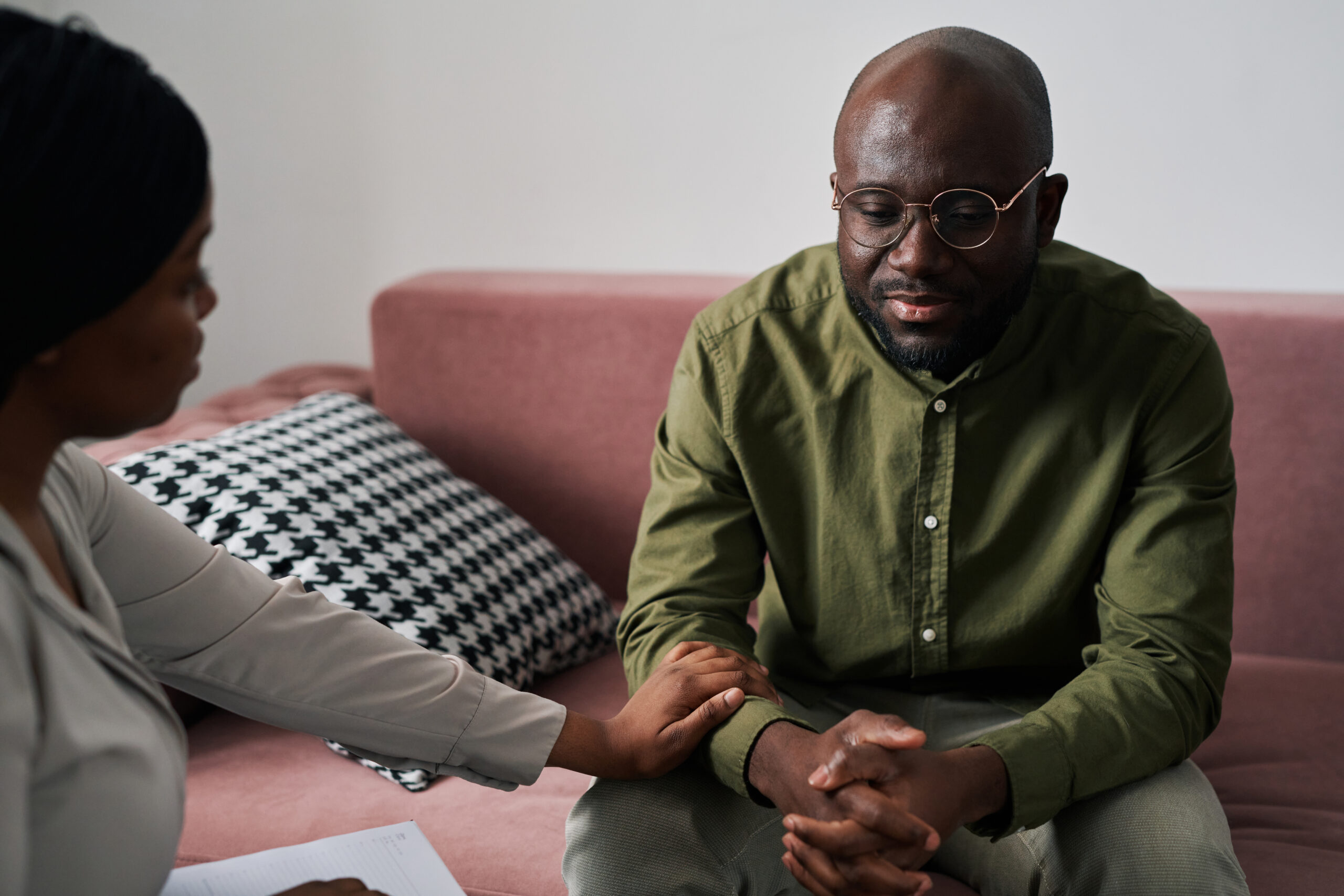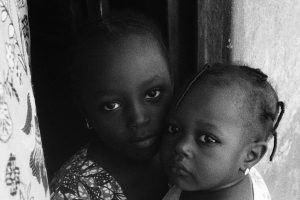Grief is a powerful and complex emotion, one that shapes lives in profound and often unseen ways. When an individual loses a loved one, the pain of that loss echoes far beyond the moment of goodbye. It infiltrates their daily routines, alters their relationships, and often reshapes their sense of identity. For many in Uganda and beyond, grief manifests as emotional despair and physical symptoms like fatigue, insomnia, or loss of appetite hence the need for counselling.
Families, too, experience collective grief that ripples through their dynamics. In the face of loss, roles may shift abruptly. Parents struggling to cope may lean on older children, while siblings may grapple with feelings of neglect. This upheaval creates an emotional void where misunderstandings and tensions can thrive, further compounding the heartache.
In many traditional African societies, where cultural norms often encourage stoicism, openly discussing grief is rare. The bereaved may feel isolated, unable to voice their pain in a culture that values endurance over vulnerability. Without proper outlets for their emotions, many find themselves trapped in cycles of despair. This sometimes leads to severe depression, anxiety, or even physical illness.
The need for intervention and counselling become clear when we recognise how pervasive the impacts of grief can be. Left unaddressed, grief becomes a silent adversary, influencing every aspect of a person’s life. Support systems, whether through family, community, or professional counsellors, are helpful and essential for healing. By acknowledging the profound effects of grief, we can begin to foster environments where recovery becomes possible.
Uganda’s Need for Specialized Grief Counselors
Grief, when left unprocessed, can lead to severe mental health challenges, including depression, anxiety, and post-traumatic stress disorder. For some, the weight of unresolved emotions drives them toward destructive coping mechanisms. These can range from substance abuse, isolation or bad company, hence creating a vicious cycle of pain and self-destruction. In rural areas, healthcare resources are already stretched thin. The lack of trained grief counselling programs in Uganda leave entire communities vulnerable to the compounded effects of untreated sorrow.
Adding to the challenge is the cultural stigma surrounding mental health. Admitting to emotional pain or seeking help is often viewed as a sign of weakness, discouraging individuals from reaching out. Traditional approaches, while culturally significant, sometimes lack the tools to address the nuanced and complex nature of grief.
This landscape highlights the urgent need for specialised grief counselling in Uganda. By filling this gap, we can shift Uganda’s narrative around loss, creating a culture where seeking help is normalised.
MSCF’s Vision
The Michael Silwanyi Child Foundation (MSCF) is driven by a profound understanding of grief’s lasting impact. We envision a future where no individual has to bear the weight of grief alone. Furthermore, our mission is to provide accessible, culturally sensitive, and effective grief counselling all over Uganda.
At the heart of this vision lies the training of specialised grief counsellors. They will serve as compassionate guides and help individuals find their way back to a sense of wholeness. However, we look to extend our approach beyond conventional counselling techniques. We aim to offer a holistic path to healing that acknowledges the pain of loss and empowers individuals to rebuild.
Our seeks to foster resilience within communities. The foundation aims to create a sustainable support network that reaches even the most underserved regions by funding and facilitating the development of grief counselling programs in Uganda. This initiative is about more than recovery; it’s about hope that those burdened by sorrow can rediscover purpose and joy.
Through partnerships with local and international experts, MSCF aspires to build training programs as diverse as the challenges they address. From workshops on cultural sensitivity to seminars on the psychological nuances of grief, the goal is to prepare effective and transformative counsellors in their ability to make a difference.
The Role of Trained Grief Counselors
Providing Emotional Support and Guidance
Trained grief counsellors serve as compassionate allies for those navigating loss. Their primary role is to provide a safe, nonjudgmental space for the bereaved to express their emotions. Through active listening and empathy, counsellors help individuals process complex feelings, from sorrow and guilt to anger and confusion. This support fosters a sense of validation and understanding, enabling the bereaved to feel less isolated in their grief.
Teaching Tools for Healing and Resilience
Beyond emotional support, grief counsellors offer practical strategies to help individuals confront and work through their grief. These tools might include journaling exercises, relaxation techniques, or structured conversations that help identify triggers and develop coping mechanisms. By equipping clients with these resources, counsellors empower them to rebuild their lives and cultivate resilience, even in the face of profound loss.
Addressing Broader Impacts of Loss
Grief rarely exists in isolation; it often affects relationships, daily functioning, and mental health. Trained counsellors help families navigate these broader impacts by mediating conflicts, encouraging open communication, and fostering mutual support. They also identify risks like depression or substance abuse and intervene with tailored strategies that guide individuals toward healthier coping methods.
Bridging Cultural Sensitivity and Evidence-Based Care
In Uganda, cultural beliefs and traditions heavily influence how grief is expressed and understood. Effective grief counsellors are skilled in evidence-based practices and attuned to their client’s cultural context. By integrating respect for traditional mourning customs with modern psychological approaches, they create a holistic model of care that resonates deeply with the bereaved and their communities.
Transforming Lives Through Holistic Support
The work of trained grief counsellors is transformative. Their guidance helps individuals and families rediscover hope and purpose, turning the pain of loss into a journey of growth and healing. By addressing both the emotional and practical dimensions of grief, these counsellors honour the memories of the departed while helping the living move forward with strength and grace.
Grief and Addiction
Grief is a profoundly personal journey, but for some, its weight can become so overwhelming that it turns into a harmful coping mechanism. In Uganda, where access to grief support is scarce, the link between unresolved grief and substance abuse is a growing concern. While often overlooked, this connection represents a crucial area where intervention can save lives and prevent families from experiencing compounded losses.
The pain of losing a loved one, especially a child, can lead individuals to seek solace in alcohol or drugs. For a brief moment, these substances may seem to dull the ache of sorrow, but they often spiral into dependence, creating new layers of emotional and physical challenges. Addiction can fracture relationships, hinder recovery, and perpetuate cycles of poverty and despair—turning grief into a generational burden.
Trained grief counsellors play a vital role in breaking this cycle. By addressing the underlying emotions driving substance use, they can guide individuals toward healthier ways of processing their loss. These professionals can identify warning signs early and implement strategies to prevent grief from escalating into addiction. For those in Uganda already struggling with substance abuse, grief counselling offers a dual pathway to recovery, addressing both the addiction and the emotional wounds that fuel it.
Recognising this connection also highlights the need for integrated care. Collaborations between grief counsellors and addiction specialists can ensure that individuals receive comprehensive support tailored to their unique needs. Such an approach acknowledges the complexities of grief while offering practical solutions to help individuals regain control of their lives.
The Michael Silwanyi Child Foundation (MSCF) understands that grief and addiction are often two sides of the same coin. Through its initiative to train grief counsellors, MSCF seeks to address not only the pain of loss but also the destructive behaviours that can emerge from it. By bridging the gap between grief and recovery, the foundation is creating opportunities for healing that honour the legacy of loved ones while empowering individuals to move forward with hope and resilience.
Anticipated Challenges and Opportunities
As the Michael Silwanyi Child Foundation (MSCF) forges ahead with its mission to train grief counsellors, it recognises this initiative’s hurdles and immense potential. Addressing grief in Uganda requires navigating a cultural landscape where mental health is often misunderstood and emotional vulnerability is seen as taboo. Overcoming this stigma is one of the primary challenges, as it influences both the willingness of individuals to seek help and the broader acceptance of grief counselling all over Uganda as a vital service.
Another obstacle lies in the limited resources available for mental health services. Many communities, especially in rural areas in Uganda, lack access to trained professionals and facilities where grief counselling can be provided. Ensuring these services reach underserved regions will require strategic partnerships, robust funding, and innovative solutions such as mobile counselling units and community-based programs.
Despite these challenges, the opportunities are vast. By normalising conversations about grief and mental health, MSCF has the chance to catalyse a cultural shift that embraces emotional healing as a strength rather than a weakness. Training grief counsellors will help individuals process their loss and empower communities to support one another, creating a ripple effect of compassion and resilience.
The initiative also has the potential to inspire systemic change. By proving the effectiveness of grief counselling in Uganda, MSCF can advocate for its integration into Uganda’s broader healthcare system, ensuring that future generations have access to this critical form of care. The foundation can build a sustainable framework for addressing grief at every level through collaboration with local leaders, healthcare providers, and international experts.
As MSCF moves forward, its efforts are guided by Michael Silwanyi’s enduring legacy—a reminder that even in the face of profound loss, there is hope. By turning grief into a pathway for healing, the foundation is transforming lives and creating a future where no one has to navigate sorrow alone. Together, these challenges and opportunities converge into a powerful call to action: to honour the memories of those we’ve lost by fostering a world where recovery and resilience are within everyone’s reach.







